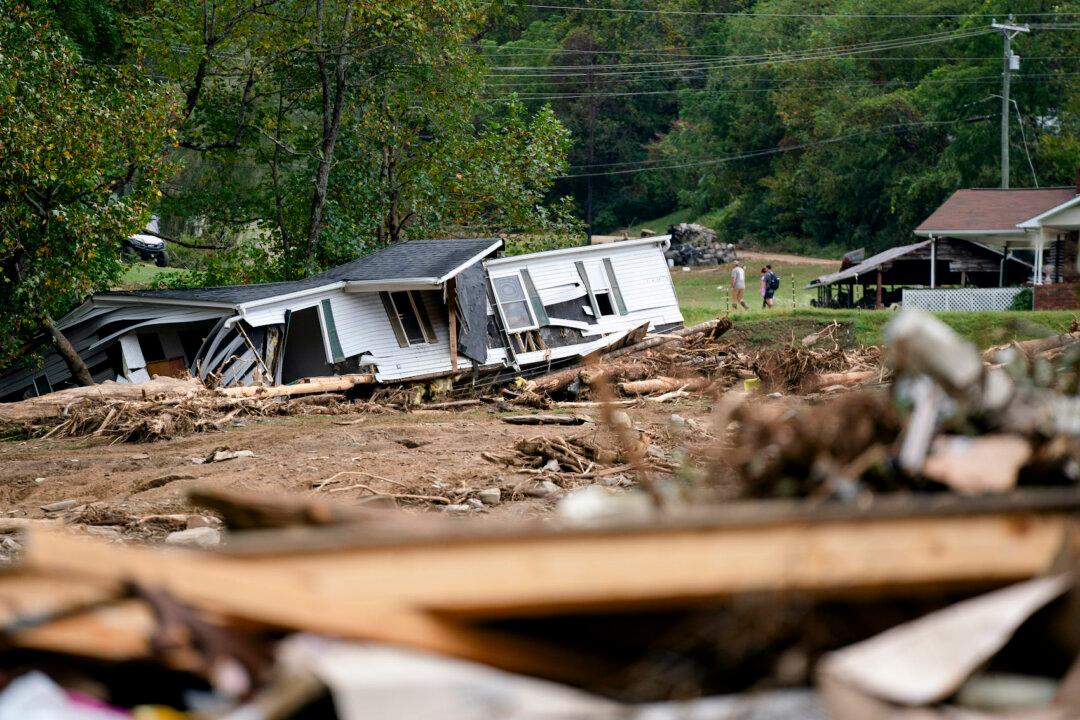If the destruction left in the wake of Hurricane Helene in western North Carolina wasn’t enough, now emergency responders face yellow jackets and bees whose underground nests were disturbed by the storm.
The North Carolina Department of Health and Human Services has had to buy Benadryl and epinephrine to meet increasing hospital demand for treating those allergic to stings, humanitarian aid group Direct Relief told The Associated Press.





